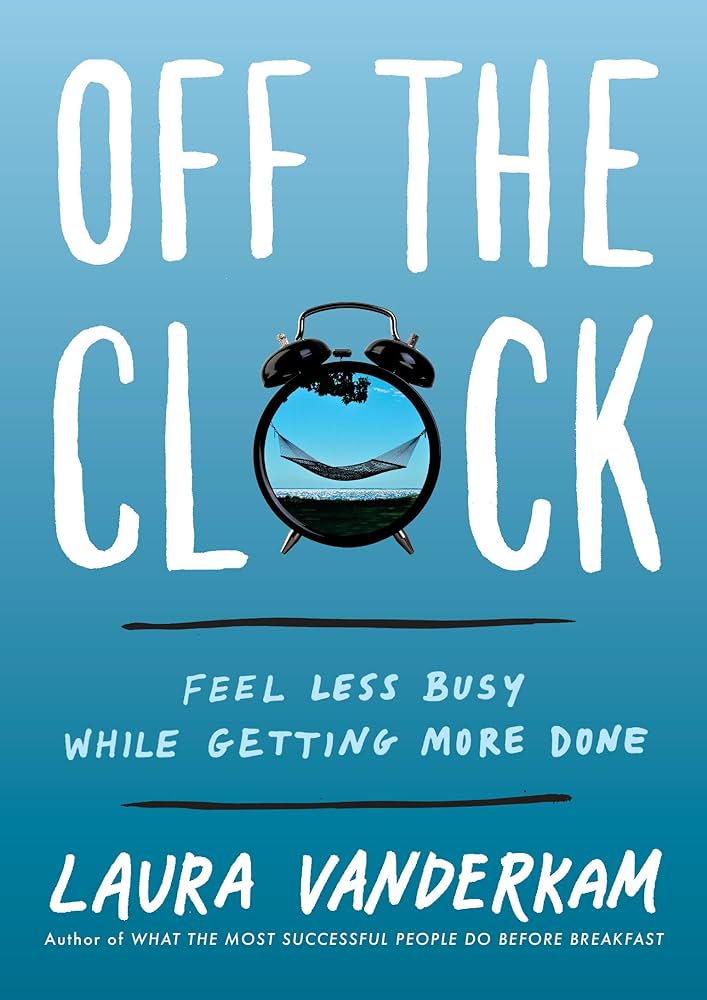
Vanderkam explores the practices of people who feel less busy while achieving more and enjoying their lives.
Key Points:
- People who feel less busy use their leisure time intentionally, often planning it out to avoid waste.
- Mindfulness and presence can make time feel more abundant.
- Being selective about what you commit to allows you to have more free time.
Extended In-Depth Summary:
In “Off the Clock,” Vanderkam continues her exploration into the value of time, providing insights on how people can feel less busy while accomplishing more. She focuses on how we perceive the passage of time and why some people feel perpetually behind while others feel impossibly free and unfettered. Drawing from her own research and interviews with others, she identifies strategies for people to feel less overwhelmed and more in control.
Extended Deeper Points:
1. Perception of Time: Vanderkam examines how subjective time can be and how some people feel time-rich while others feel time-poor, regardless of their actual hours worked.
2. Memory Building: She highlights the importance of creating memorable and meaningful experiences that make time feel more abundant and life more enjoyable.
3. Intentional Scheduling: The book discusses the significance of being purposeful with your time, choosing activities that align with personal and professional goals.
Conclusion:
“Off the Clock” considers time management as a psychological challenge as well as a practical one, suggesting that the feeling of time scarcity often comes from a misalignment between how we spend our time and what we value. Vanderkam connects this with the main theme by arguing that time management is about creating value and memories, not just about efficiency and productivity.
Back
